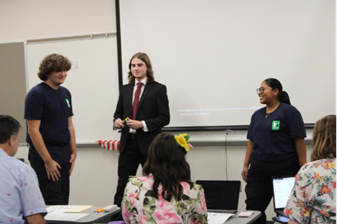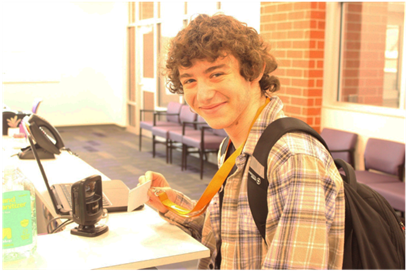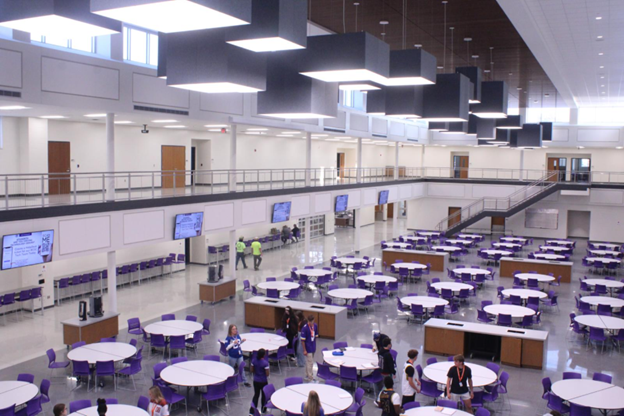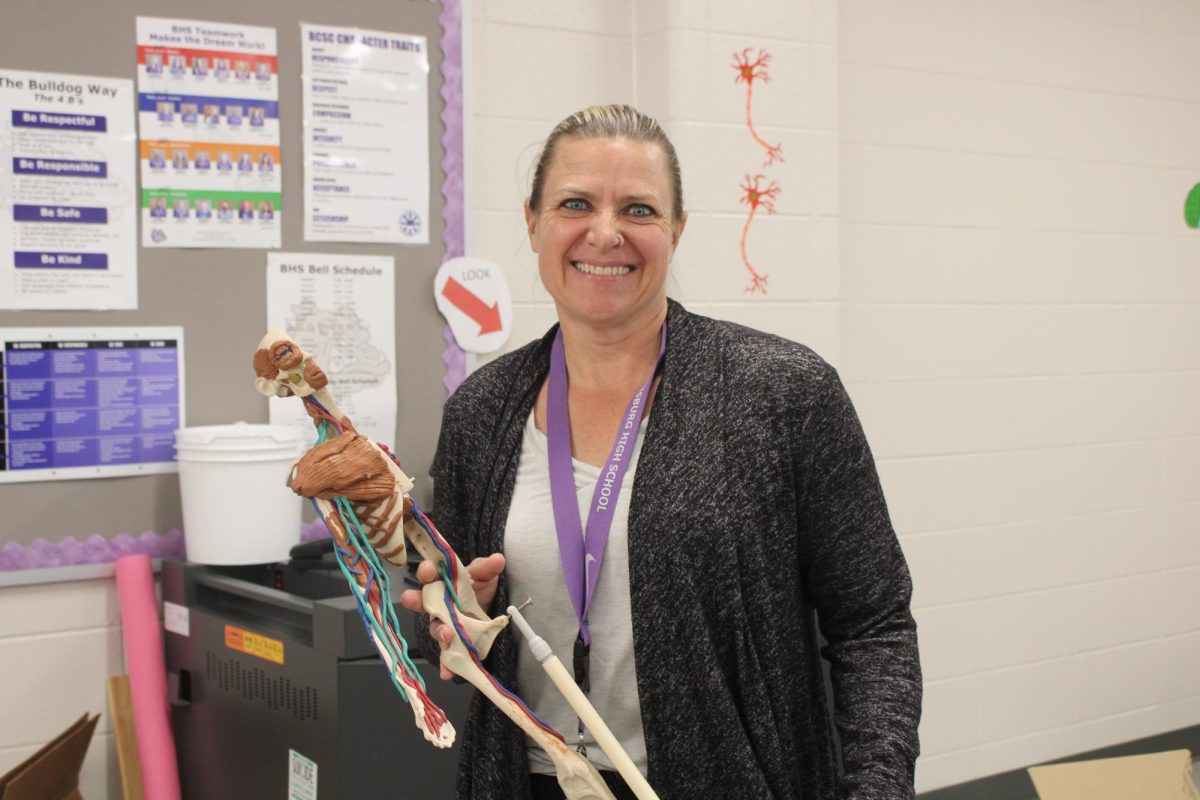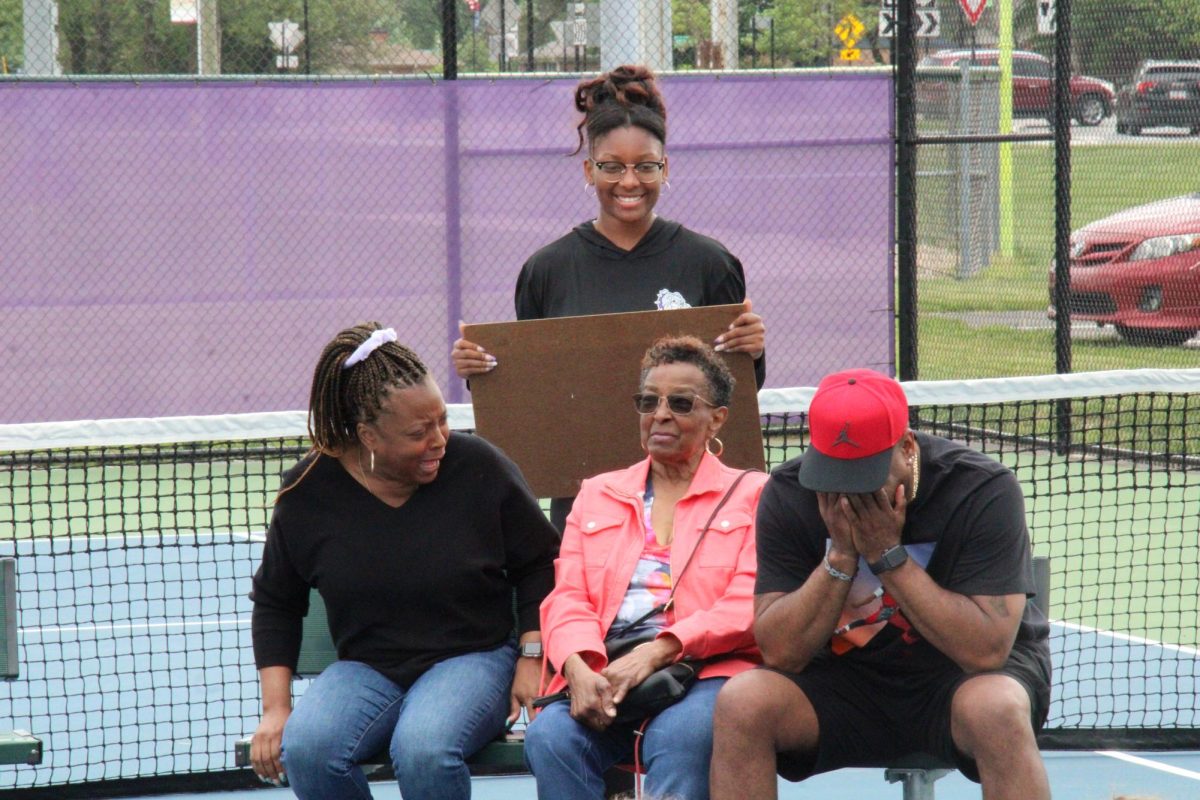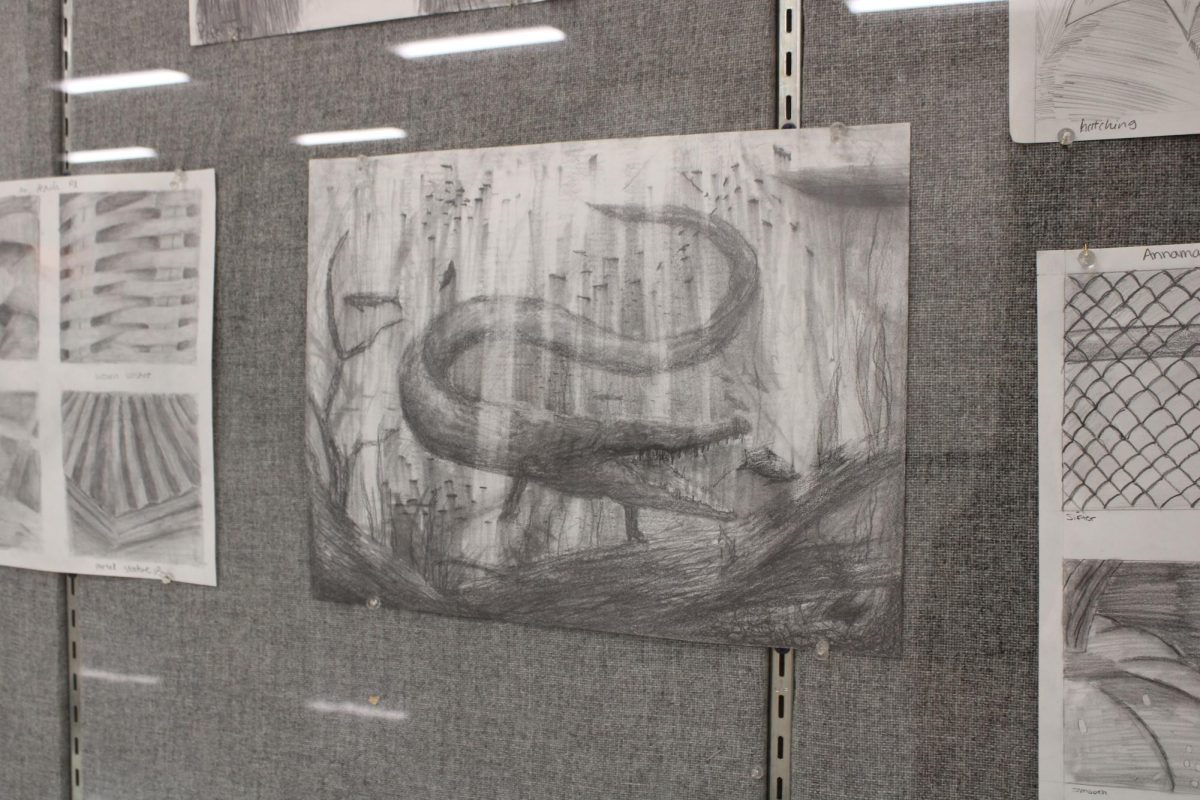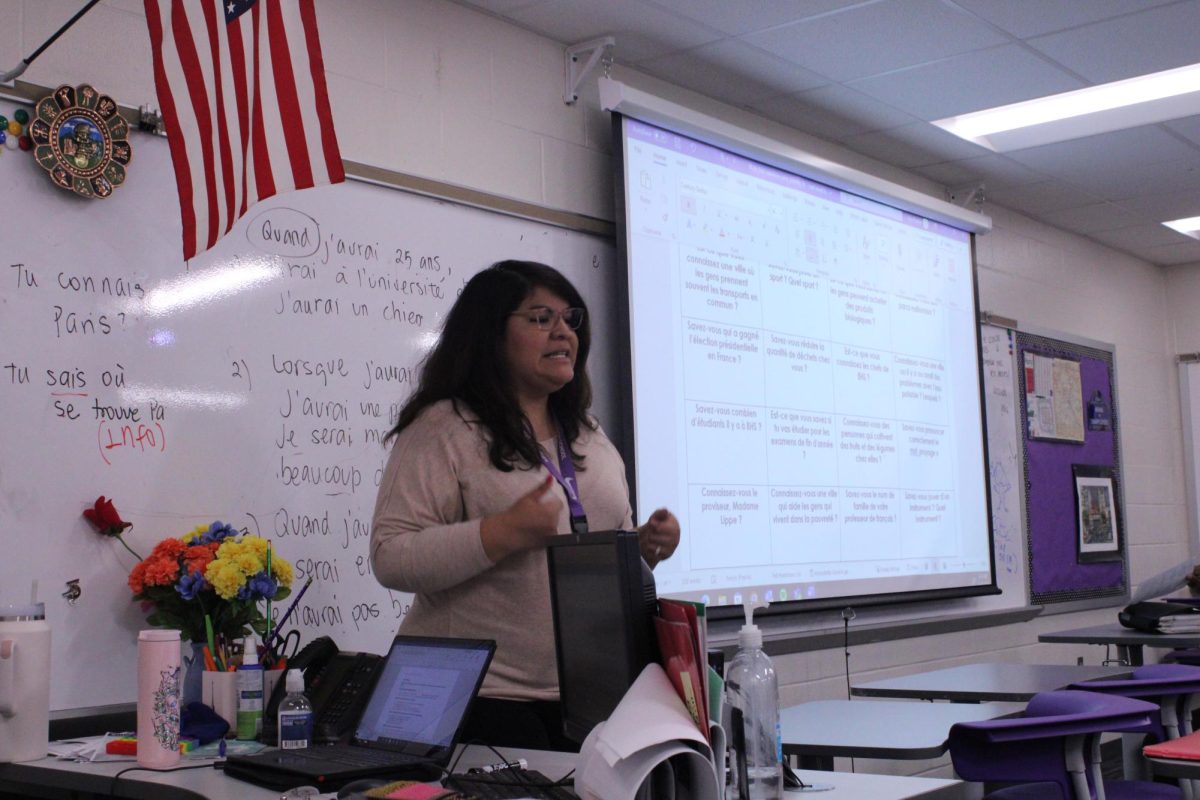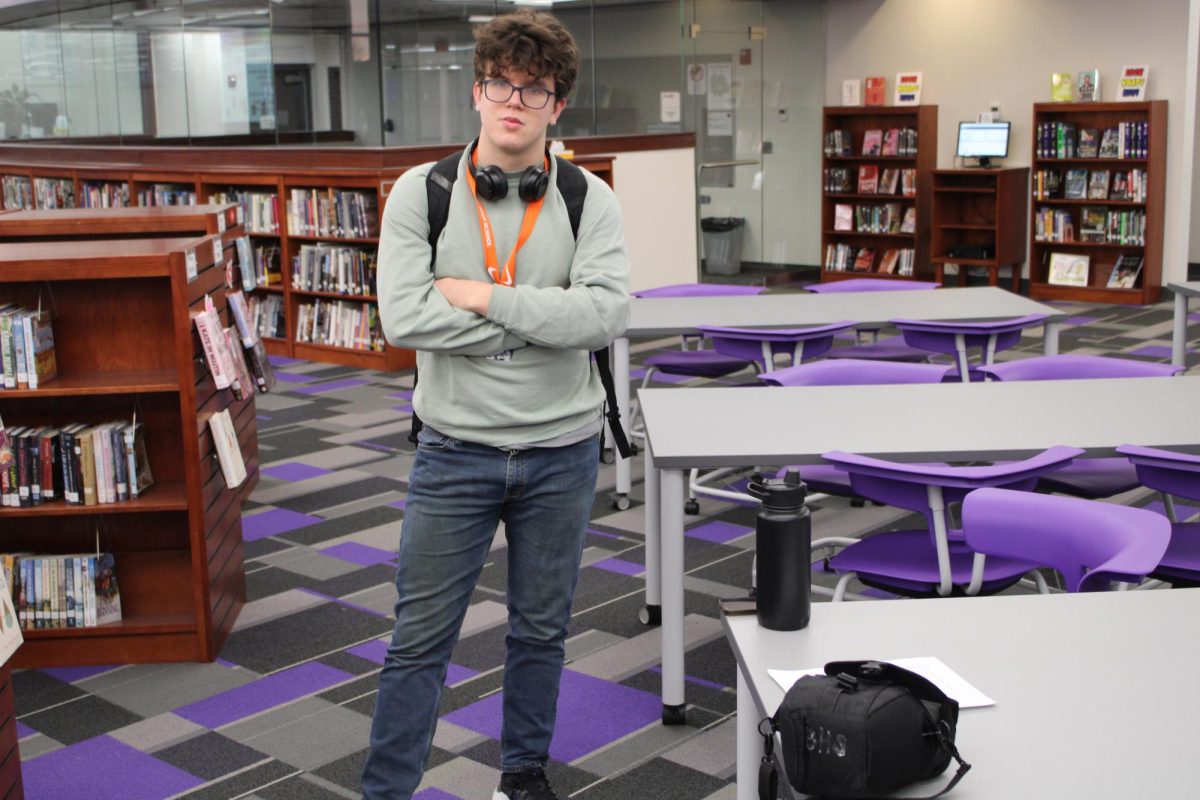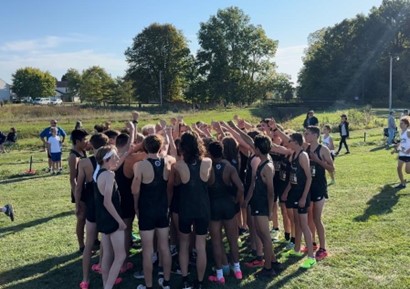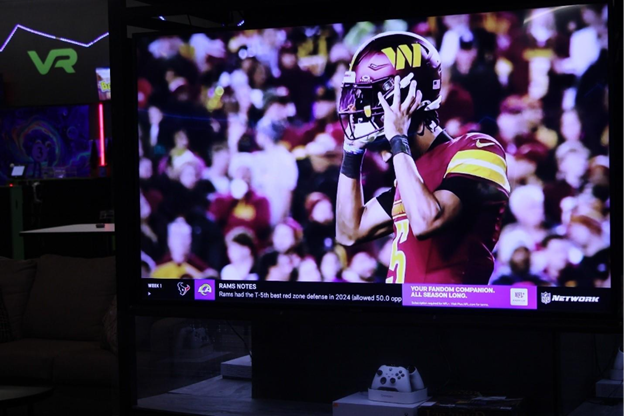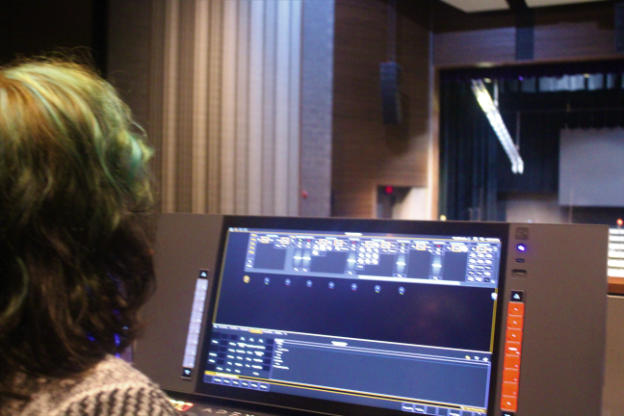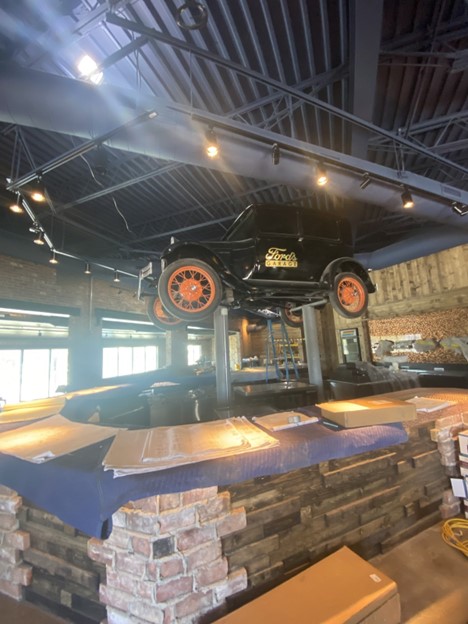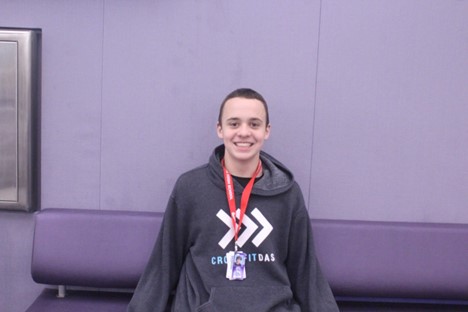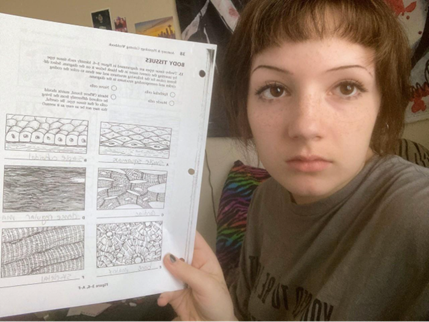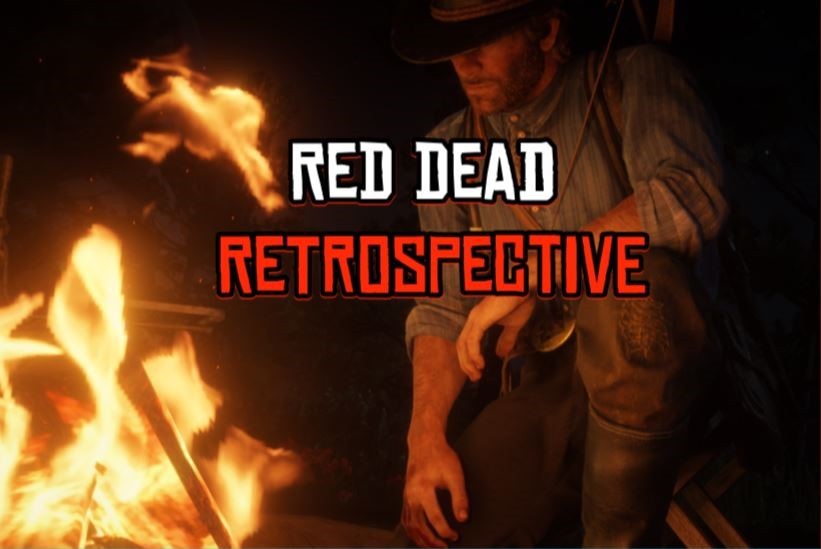Throughout the world, people have been diagnosed with a disease that essentially destroys your intestines. It eats away the cilia in your intestines that allows you to absorb the food you eat. Without the cilia, your stomach is not able to absorb wheat, barley or rye. Celiac disease can also be passed on throughout generations if you have a certain gene.
One of the many people diagnosed with this disease is Rachel Wallace, a senior here at BHS. When Wallace was first diagnosed with celiac disease as a ten-year-old her family immediately tested her Siblings. They found out her brother is not a carrier of this disease, but her sister is, meaning that her younger sister could develop celiac disease at any time or that if she ever had children if her partner was also a carrier, her child would have a higher chance of being diagnosed with celiac disease.
In an interview with Wallace, she was asked about some of the difficulties she now faces after being diagnosed with celiac disease that she previously didn’t have to worry about. “Before I go out to eat with friends, I have to research places and sometimes that includes looking at websites and seeing what other celiac people have said. Sometimes I have to call the restaurant,” said Wallace. She also mentioned how going to social events is difficult because now she doesn’t have food options available to her.
A U.S. Government teacher here at BHS testified to these struggles that many people aren’t burdened with thinking about. This is Mary Davidson’s first year teaching at the high school, but not her first year with celiac disease. Davidson was first diagnosed with celiac disease around four years ago in October.
When asked about what some common misconceptions are when referring to celiac disease, both Wallace and Davidson mentioned how they wish people knew that it wasn’t a choice they are making; when they can’t eat things with gluten, it’s not because they don’t prefer it. It will damage their intestines! While there are many difficulties associated with having celiac disease, there are some situations where the environment that these two people are in everyday is made more comfortable.
BHS does a great job providing gluten–free resources for people unable to eat gluten. For instance, Davidson mentions how “Whenever there are snacks or anything if it’s a teacher appreciation week, they [BHS] try to make sure they have something for me. Whenever there are parent-teacher conferences, they always try to accommodate. I also get my own microwave.” Another thing that the school does well is “I can submit a doctor’s note to see a nurse or use a bathroom pass if I need,” Wallace said.
The difference between gluten intolerance and celiac disease is something that many people are not educated about. According to Davidson, having a gluten intolerance would look like ”something that will cause you discomfort, maybe get you bloated, maybe cause you to have an upset stomach, maybe some belching” while celiac disease would look like “an actual autoimmune disorder where once gluten is ingested if you eat wheat, barley or rye, something like that, your cilia that is in your intestines is damaged to the point where it might go all away” and then you can’t absorb your food anymore.
Something that both Wallace and Davidson wish more people knew about celiac disease is that having to eat this way isn’t because of a diet they’re on, or a fad, or even something they chose for themselves; it’s that they would get very sick if they were in proximity of gluten.
Another thing that they thought was important for the public to know was that “I can eat pizza that has been in the same oven as a pizza that had gluten in it. But some people can’t have it because it’s been in the same air as gluten pizza. Some people can eat gluten in very small portions.” Meaning that everyone is different, and each person’s body will react a different way to gluten.
Symptoms of celiac disease aren’t black and white. There are many possible symptoms a person could have and even different ways that the person is able to heal. Davidson mentioned that depending on how damaged your cilia is, you get a number. When Davidson was diagnosed, she was a four, meaning that her cilia was almost completely gone. Even if your intestines are damaged due to there not being any cilia left, there is an opportunity for your intestines to heal. No matter how damaged or undamaged your intestines are, just like other wounds, they can heal themselves. With proper medication, time and care you could potentially have intestines that work how they were intended to!
